A new year means new laws. And in 2016, if measures that take effect January 1 are anything to go by, life in conservative and liberal states will continue to diverge. Conservative states are making it easier to own and carry guns and harder to vote; liberal states are making it easier to vote and harder to own guns.
But liberal states are also passing other laws reflecting changes in the culture, such as bans on “conversion therapy” for LGBT kids and laws that will make it easier for women to access birth control. Here are seven laws that go into effect on New Year’s Day, plus a few others worth watching:
1) California and Massachusetts: $10 minimum wages
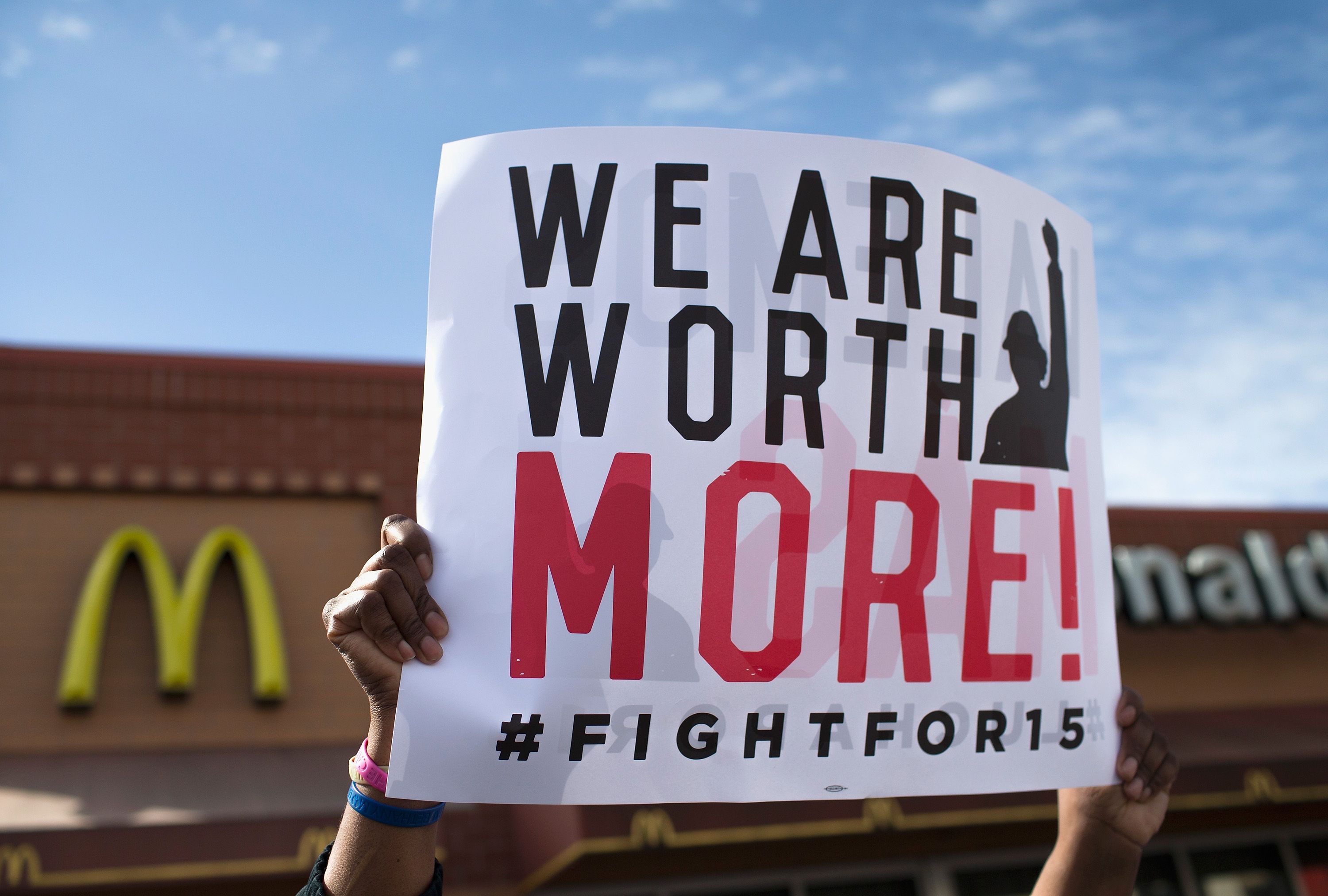
Scott Olson/Getty Images A protest calling for a $15 minimum wage outside a Chicago McDonald’s in April.
Low-wage workers in 12 states are getting a raise when the minimum wage goes up January 1, and California and Massachusetts will have the highest minimum wage in the country, at $10.
To many people, that’s not enough. The Fight for $15 has become a rallying cry on the left. And the $10 minimum wage is lower than the $12 per hour that Democratic frontrunner Hillary Clinton wants. It’s far below the $15-per-hour minimum that Bernie Sanders supports and Gov. Andrew Cuomo is seeking in New York, where the minimum wage is going up to $9 statewide this year.
A growing number of municipalities have also passed big increases in the minimum wage. The next five years are going to provide some interesting data about the effect of wage increases on employment and earnings in the local economy.
2) Hawaii: You have to be 21 to buy cigarettes
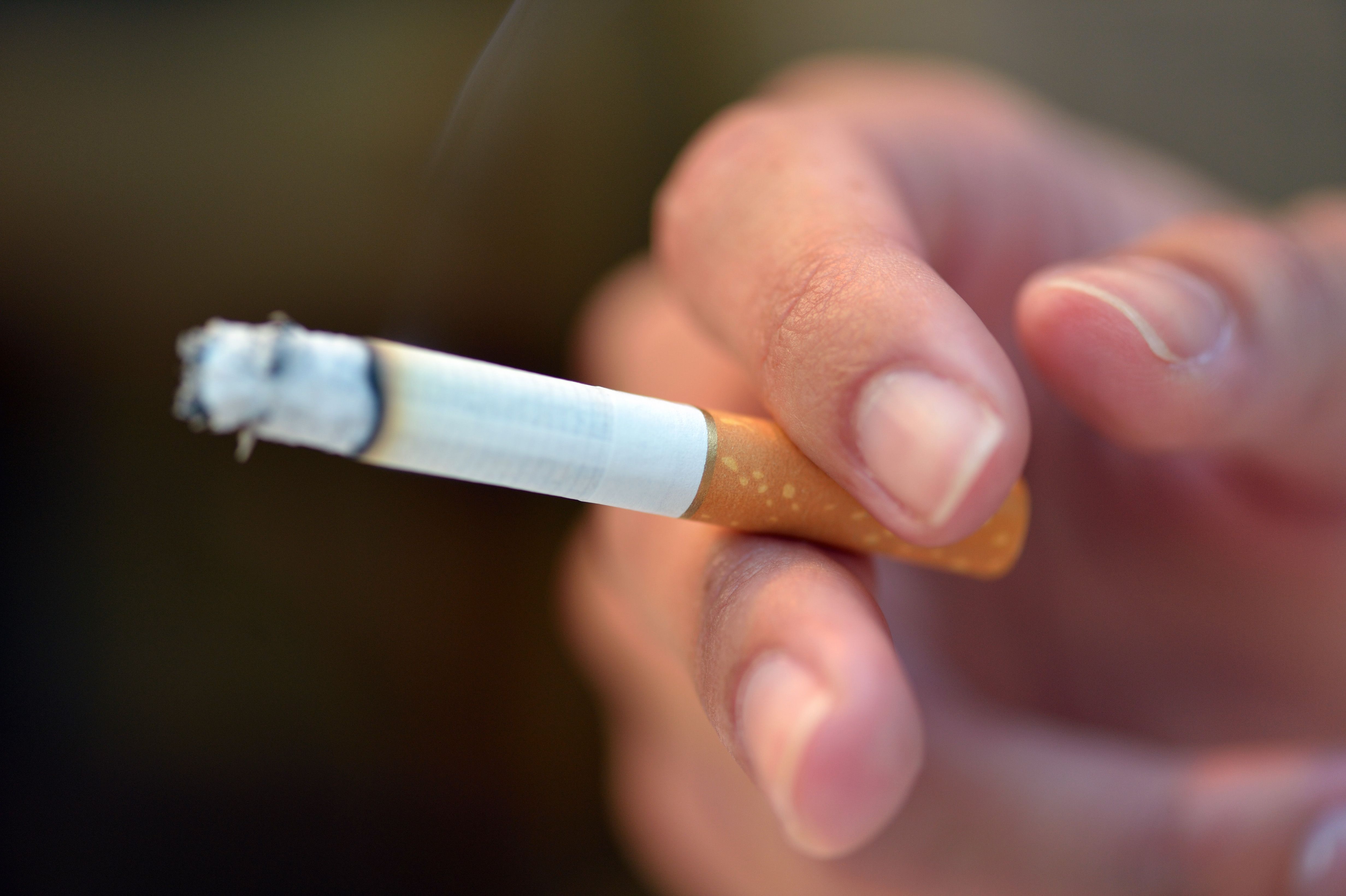
Eric Feferberg/AFP via Getty Images
In most of the country, you can buy a pack of cigarettes at 18, even though you can’t buy or drink alcohol until you’re 21. That’s about to change in Hawaii, the first state in the US to raise the smoking age to 21. The law also covers e-cigarettes. The law was passed in April and goes into effect tomorrow.
The evidence suggests Hawaii’s law will save lives. The Institute of Medicine found in a report in March that raising the smoking age to 21 nationally would prevent 223,000 premature deaths among people born after 2000, including 50,000 fewer deaths from lung cancer. It would have the biggest effect among 15- to 17-year-olds, who, the report estimated, would be 25 percent less likely to start smoking.
Nearly all smokers start before they’re 19. So stopping teenagers from smoking could have a lifelong, positive health impact, one reason Senate Democrats want a higher smoking age nationwide.
3) California: Your gun can be taken away
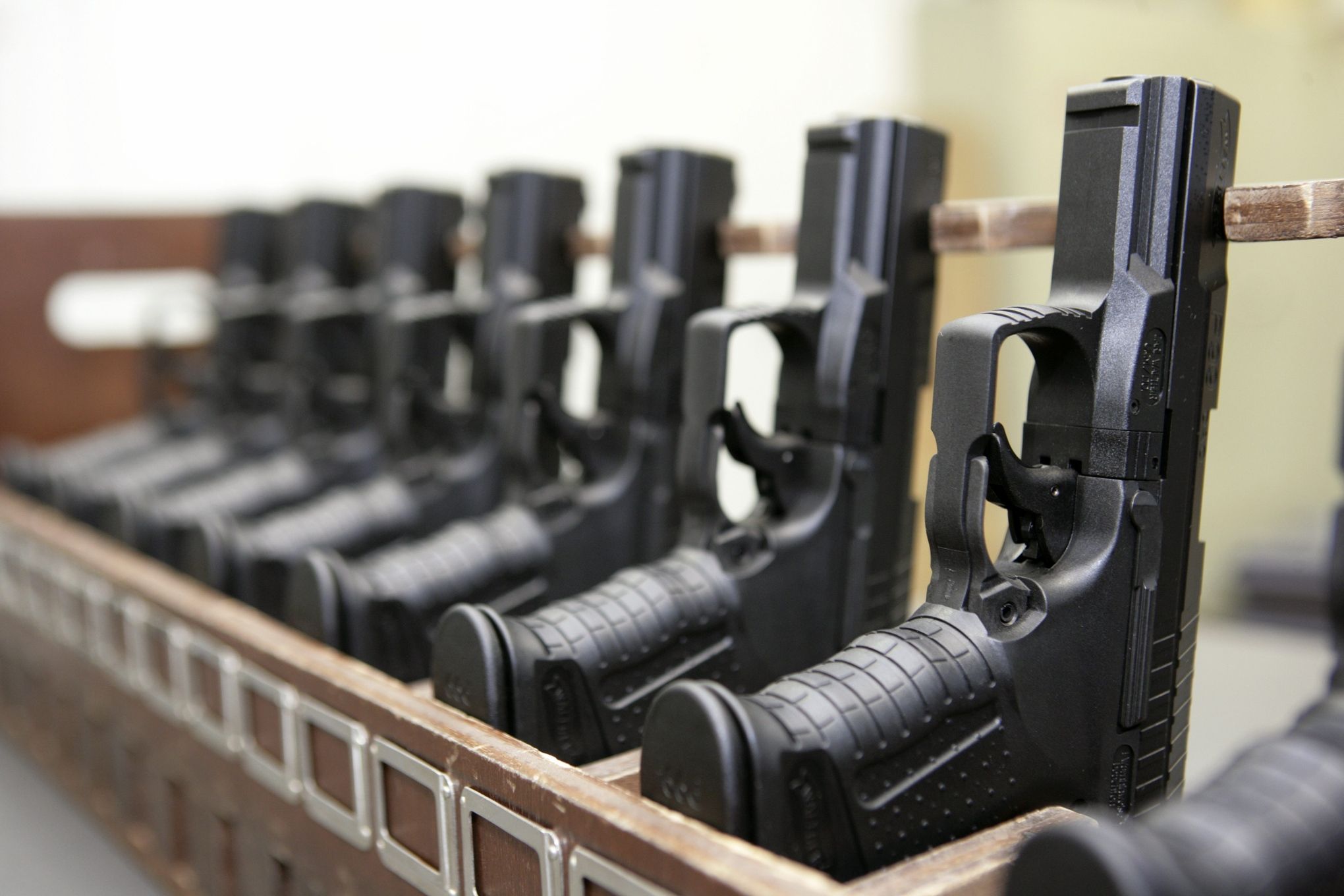
Ulrich Baumgarten via Getty Images
Beginning January 1 in California, police or relatives can petition a judge to take away guns and ammunition from people judged to be a danger to themselves or others. If the judge approves, the person would also be placed on a list that blocks them from buying guns in the state.
Family members and the police can petition for a restraining order that, if approved, would give someone judged to be a danger 24 hours to hand over their guns and ammunition. The temporary restraining order could be extended up to a year after a judge reviews the evidence.
The law is the first of its kind in the country. And it fits in with the new Democratic message on gun control: that “dangerous people” shouldn’t be allowed to have guns. But California is going further than national proposals to, for example, block people on the no-fly list from acquiring guns, by allowing immediate family and the police to take action in specific cases.
4) Texas: You can openly carry your gun
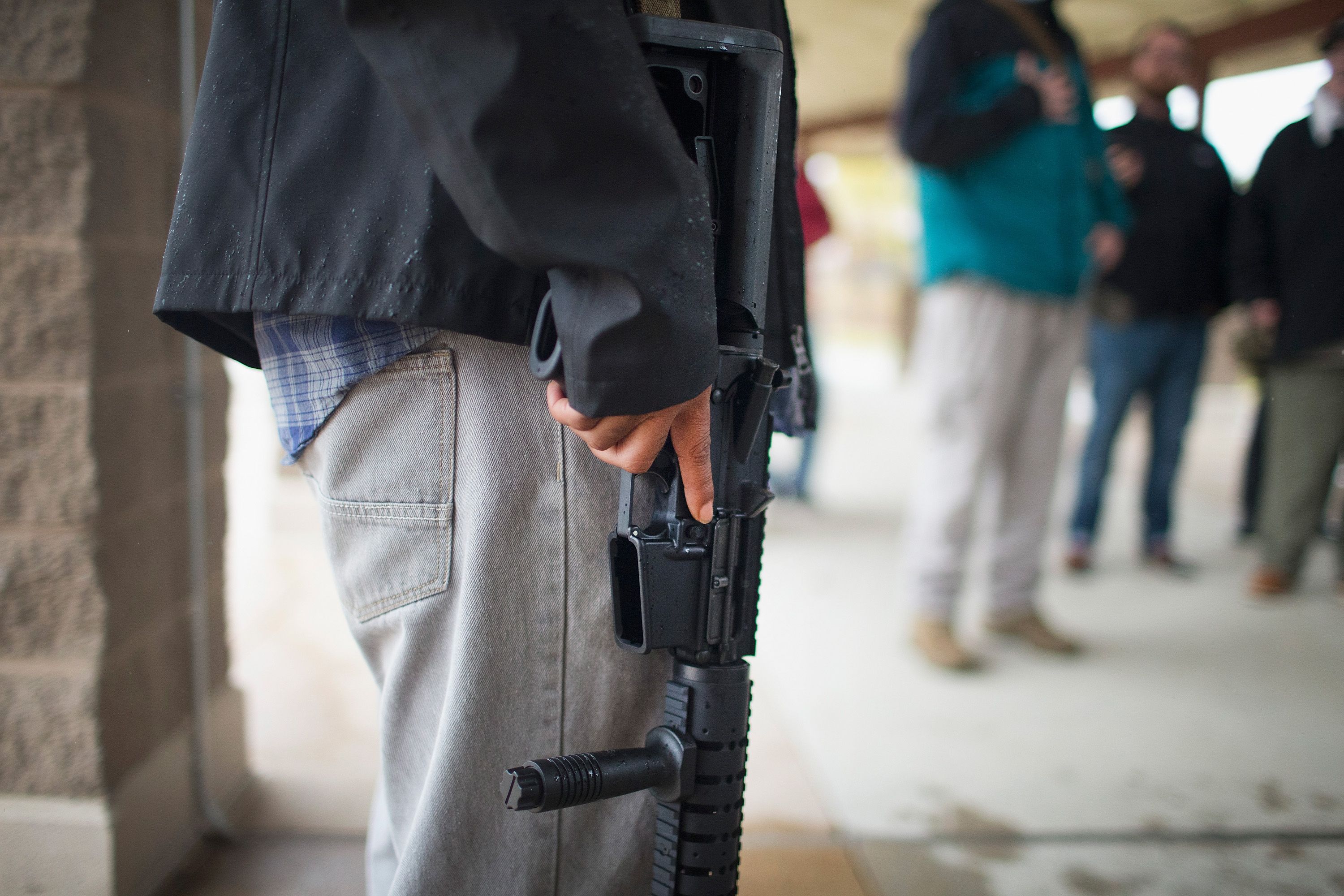
Scott Olson/Getty Images An open carry rally in Ferguson, Missouri, on Nov. 16.
The most surprising thing about Texas’ open-carry gun law might be that it wasn’t already in effect. Forty-four states already allow gun owners to carry their guns in public, including states much more liberal than Texas. But the contrast between Texas and California is worth noting as an example of how far apart liberal and conservative states can be on their new gun legislation.
Texas will be the biggest state to allow open carry, and the law has posed vexing questions to businesses about whether they want to ban it, which they’re still permitted to do.
The more controversial gun rights law in Texas passed this year doesn’t take effect until August. That law will allow concealed guns on college campuses.
5) Oregon: Pharmacists can prescribe birth control

Shutterstock All this will be available over the counter.
Women seeking the birth control pill, patch, or ring in Oregon won’t have to see their doctors first — they’ll just have to fill out a questionnaire and have their blood pressure checked at a pharmacy. Oregon is the first state in the US to allow this; a similar law in California will take effect in March.
Many countries allow birth control access without a prescription; the US and Europe are outliers.
The American College of Obstetricians and Gynecologists thinks over-the-counter birth control is a great idea, which is particularly significant since their members stand to lose business from patients who are going in for annual exams in order to renew a prescription. Making the Pill available over the counter “will improve women’s access to and use of contraception,” the group wrote. “The benefits of making [oral contraceptives] easily accessible outweigh the risks.”
6) Alaska: Legalizing Netherlands-style pot cafés
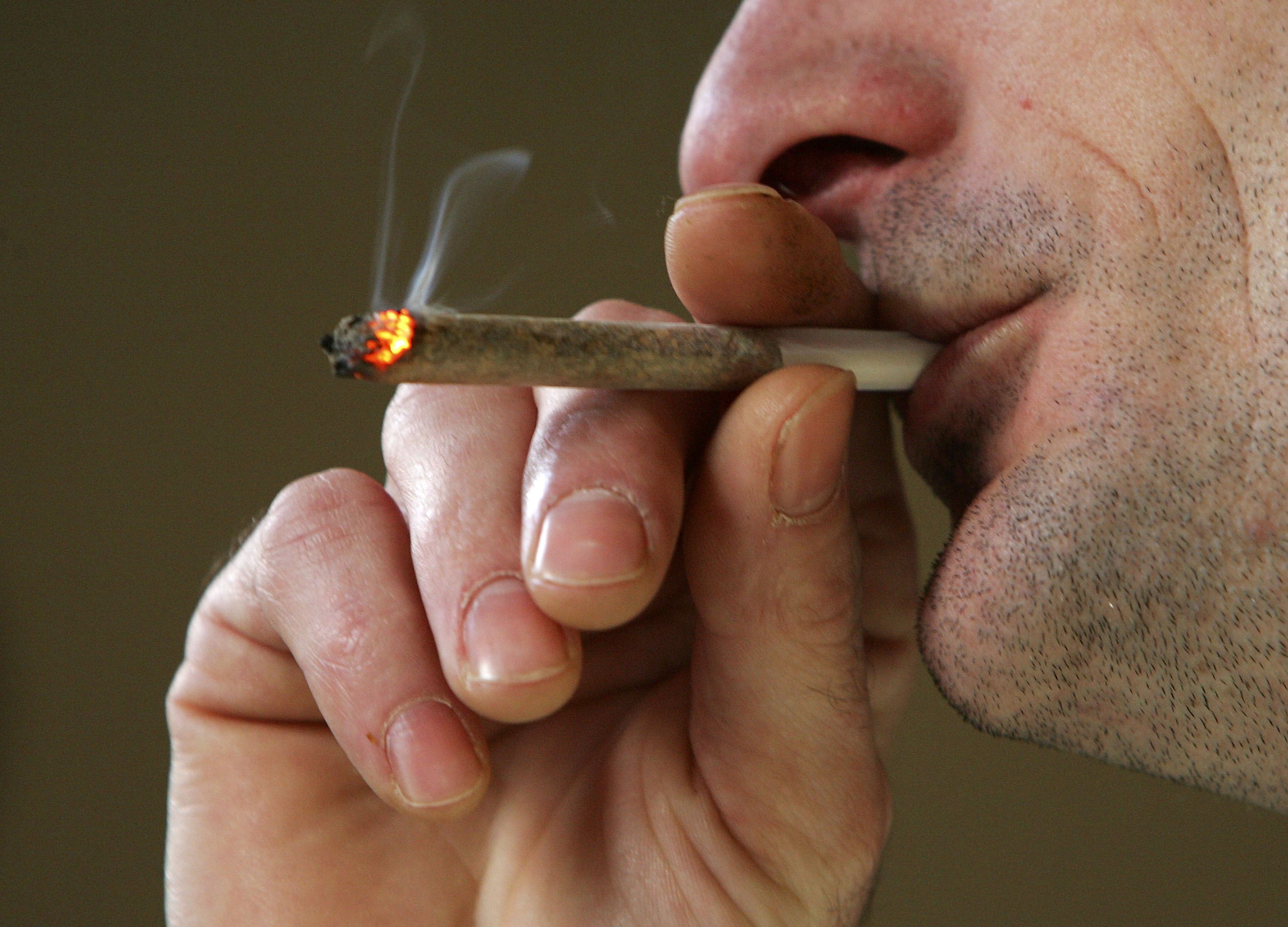
Christopher Furlong/Getty Images A man smokes a joint in an Amsterdam café in 2007.
Alaska isn’t the first state to legalize marijuana, but it will be the first state to allow pot cafés — retail outlets where people can both buy and consume the drug. Smoking in public will remain banned.
Alaska is also an outlier to the expected trend of more conservative legislation in conservative states and more liberal legislation in liberal states. It was the first red state to legalize marijuana when it did so via a ballot initiative in February.
But Alaska already had plenty of marijuana users, the most per capita in the US. And while the state is conservative, it also has a libertarian streak that can help explain its more relaxed attitude toward drug use.
7) Illinois: Banning “conversion therapy” for LGBTQ kids
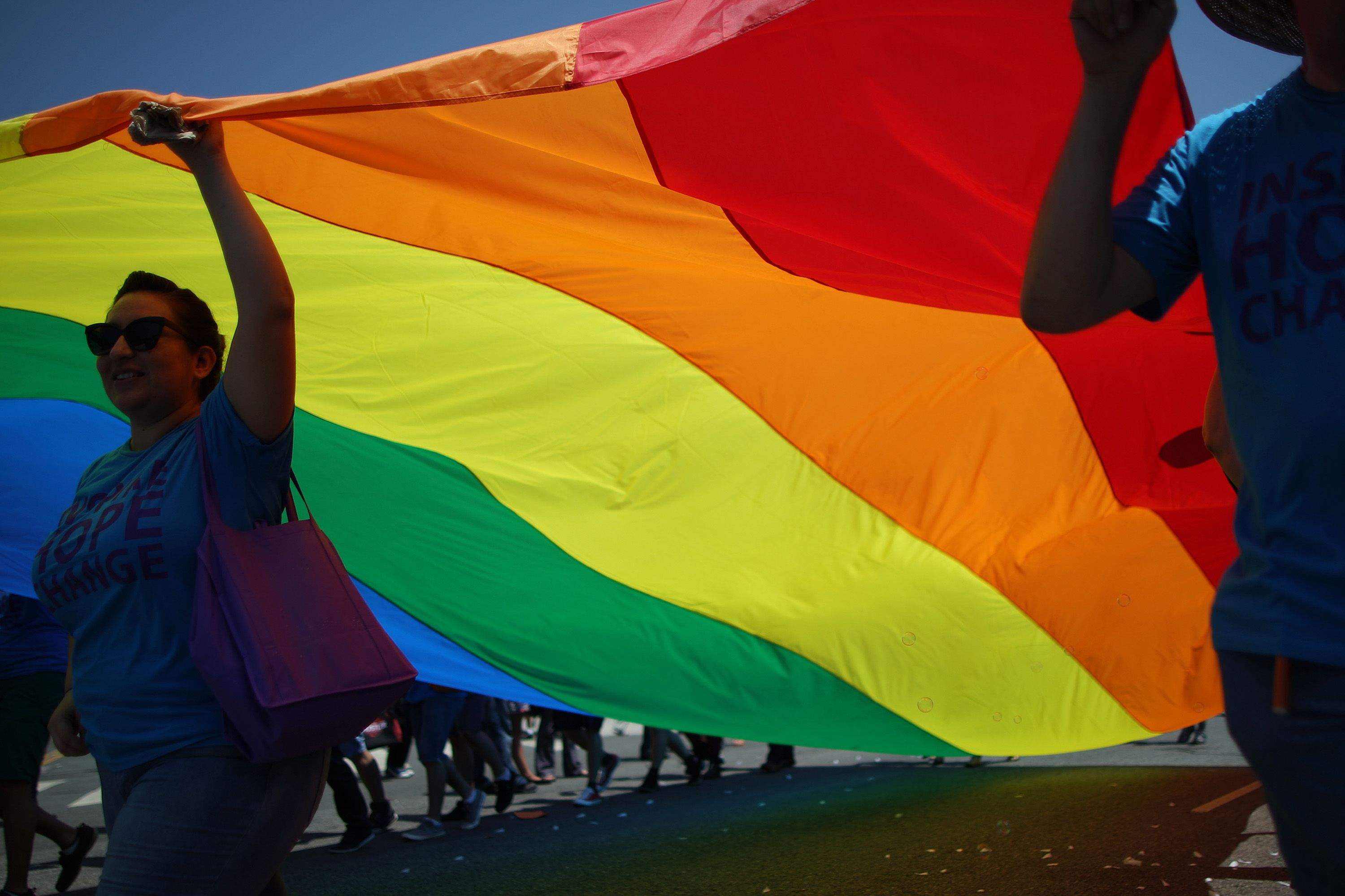
David McNew/Getty Images
Just three states prevent “conversion therapy,” a tool for parents who want to forcibly change their kids’ sexual orientation or gender identity, although top medical and psychological associations argue it should be banned. Illinois becomes the fourth on January 1.
Conversion therapy isn’t just ineffective — it’s harmful, Vox’s German Lopez wrote in August:
A review of the research, released by the American Psychological Association in 2009, concluded conversion therapies are “unlikely to be successful and involve some risk of harm, contrary to the claims of [conversion therapy] practitioners and advocates.” The review also stated that “same-sex sexual and romantic attractions, feelings, and behaviors are normal and positive variations of human sexuality.”
But some parents continue to force the therapies on their children after they reject their child’s sexual orientation or gender identity, which can lead to horrible mental and even physical health outcomes. Research by San Francisco State University found that LGBTQ young people who were rejected by their families, compared with those who weren’t rejected by their families, were eight times more likely to attempt suicide, nearly six times as likely to report high levels of depression, more than three times as likely to use illegal drugs, and more than three times as likely to have unprotected sex.
Other state laws of note
Powered by WPeMatico









